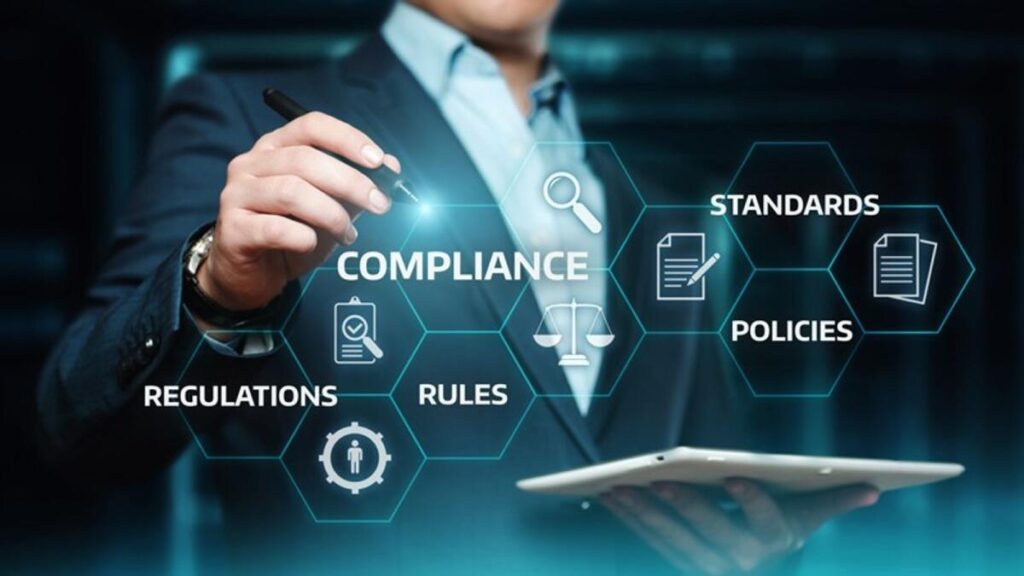The Economic Substance Regulations (ESR) have been a game-changer for businesses operating in the United Arab Emirates (UAE). These regulations, introduced in response to international standards set by the Organization for Economic Co-operation and Development (OECD), have significant implications for companies in the UAE. In this article, we will explore the key implications of ESR on UAE businesses and how they have adapted to these changes.
1. Compliance Requirements:
One of the primary implications of ESR on UAE businesses is the need for compliance with the regulations. ESR requires companies to demonstrate that they have substantial activities in the UAE if they are engaged in specific “Relevant Activities” such as banking, insurance, leasing, fund management, and more. Compliance involves meeting substance tests and reporting requirements.
2. Enhanced Transparency:
ESR has brought about increased transparency in the UAE business landscape. Companies are required to maintain detailed records and submit annual reports, including financial information and information on their activities in the UAE. This enhanced transparency is essential for authorities to assess compliance accurately.
3. Impact on Business Operations:
Businesses that fall under the scope of ESR have had to make operational adjustments. They need to ensure that they have substantial activities, including maintaining a physical presence, employing qualified personnel, and conducting core income-generating activities in the UAE. This has prompted some businesses to restructure their operations to meet these requirements.
4. Risk of Penalties:
Failure to comply with ESR can lead to significant penalties. Non-compliant businesses may face fines, suspension, or even the revocation of their licenses. Therefore, understanding and adhering to ESR is crucial for the sustainability of UAE businesses.
5. Impact on Holding Companies:
ESR has implications for holding companies based in the UAE. These entities must demonstrate that they have adequate substance in the UAE and that they are actively managing and controlling the subsidiaries they hold. This can require adjustments in governance structures and decision-making processes.
6. Global Reputation:
The UAE’s adherence to international standards, including ESR, has improved its global reputation as a transparent and compliant jurisdiction for businesses. This can have a positive impact on foreign investment and business opportunities in the UAE.
7. Professional Services Industry:
The introduction of ESR has created opportunities for the professional services industry in the UAE, including auditing, legal, and consulting firms. Businesses often seek their expertise to navigate the complexities of compliance and ensure they meet the substance requirements.
8. Continuous Monitoring:
Compliance with ESR is an ongoing process. UAE businesses must continuously monitor their activities and operations to ensure they remain compliant. This includes conducting regular internal reviews and assessments.

Conclusion:
ESR has had a profound impact on UAE businesses, affecting their operations, compliance requirements, and transparency. While it has introduced challenges, it has also positioned the UAE as a globally respected jurisdiction. To thrive in this regulatory environment, businesses in the UAE must invest in understanding ESR, adapting their operations, and maintaining a commitment to compliance. Consulting with experts and staying updated on regulatory changes are essential steps in navigating the implications of ESR on UAE businesses successfully.

